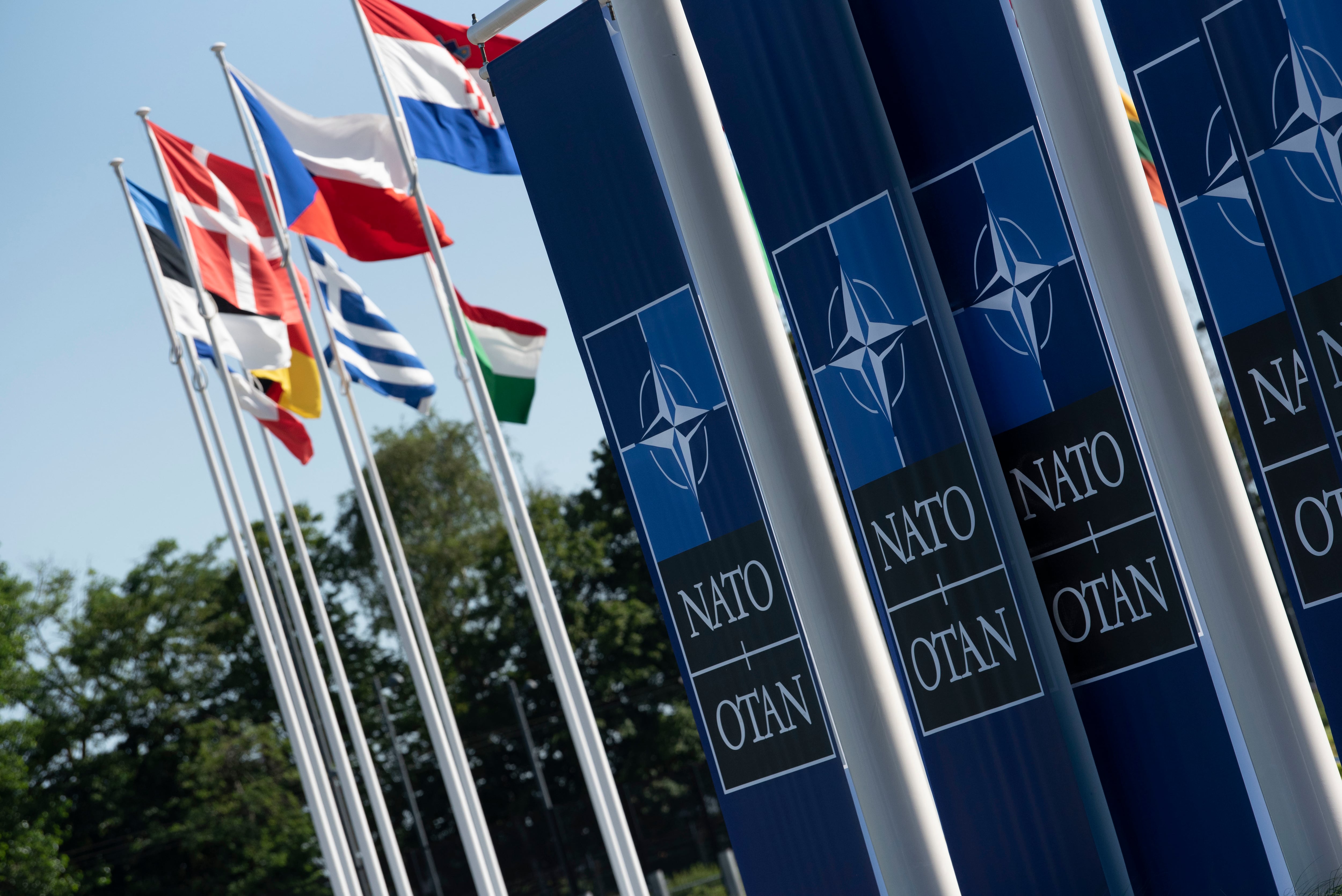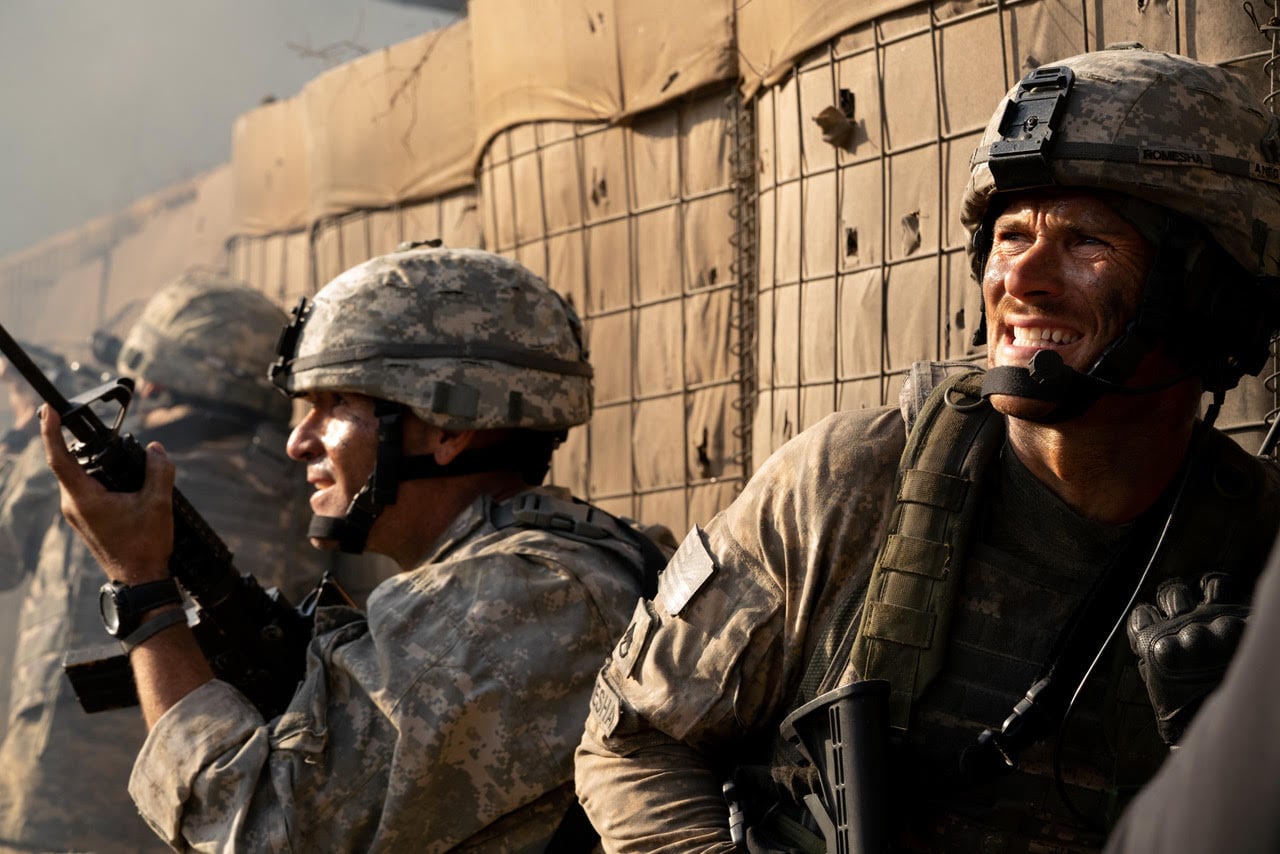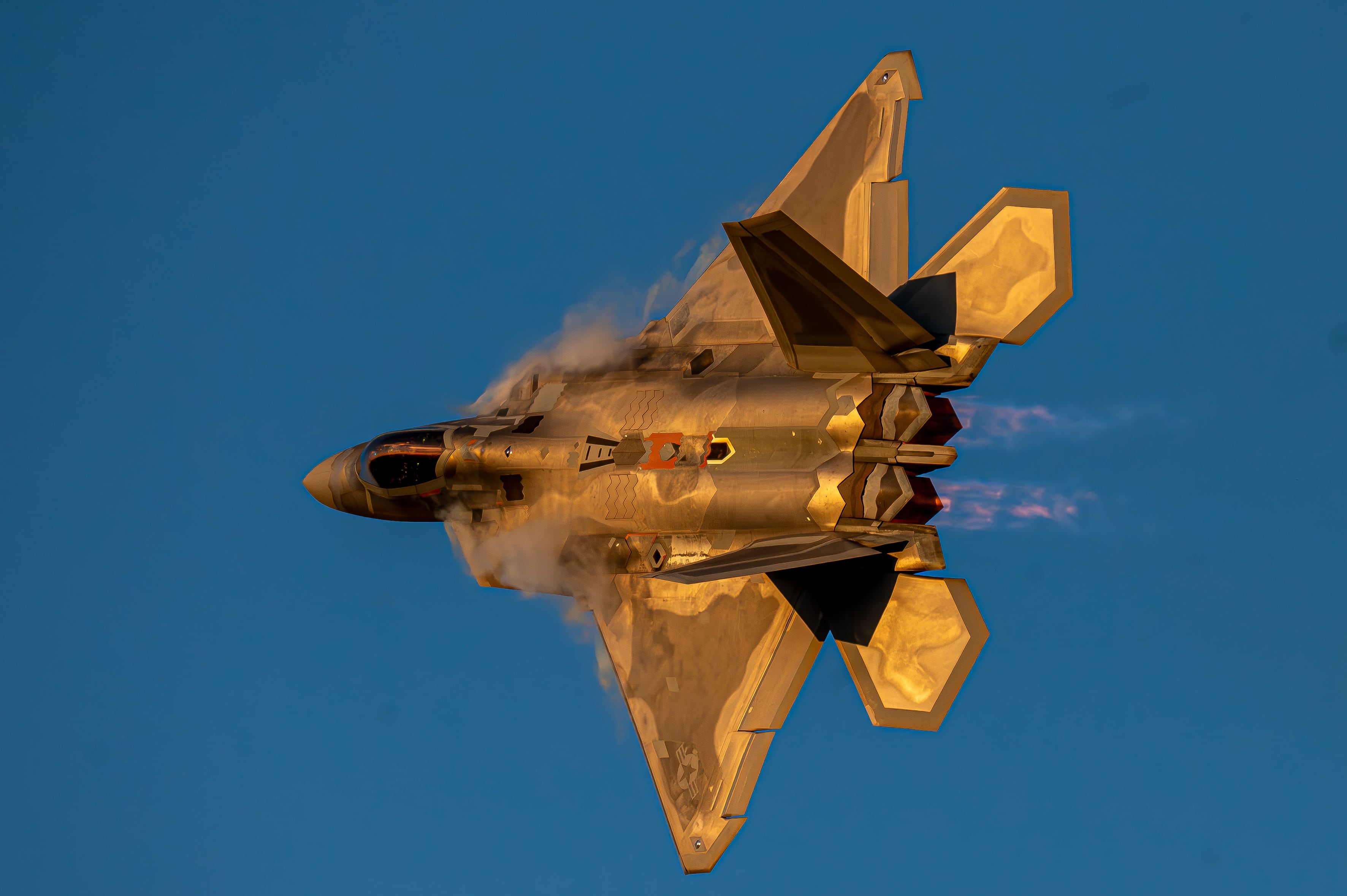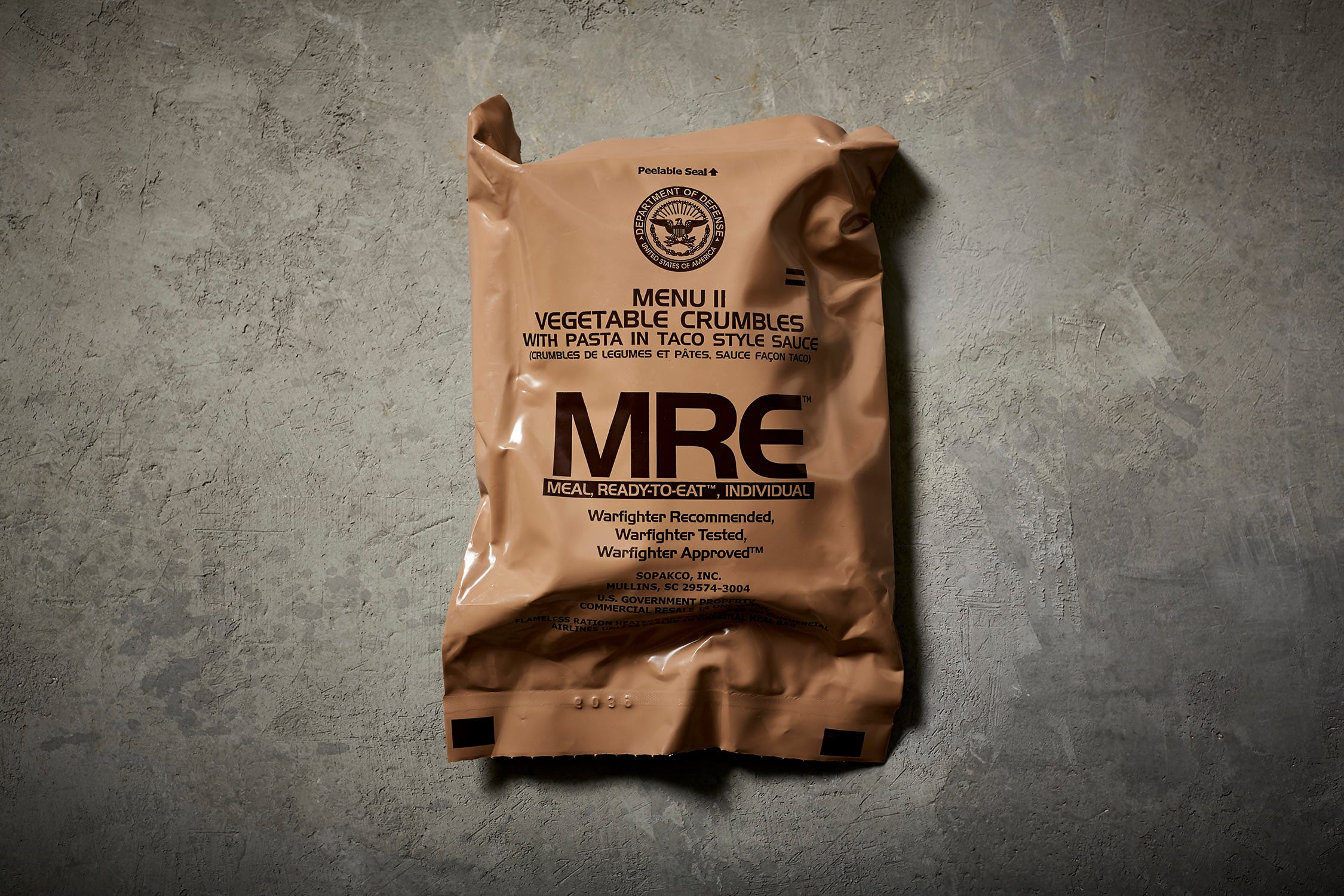The first trailer for the “The Outpost,” a big screen adaptation of Jake Tapper’s renowned book of the same name, has arrived, and given the magnitude of the film’s subject, let’s hope it does it justice.
Directed by former Army officer and West Point graduate Rod Lurie, “The Outpost” documents the events surrounding the nightmarish October 2009 Battle of Kamdesh — a 13-hour assault by nearly 400 Taliban forces on a detachment of only 50 American soldiers at Combat Outpost Keating.
“The Outpost” stars Orlando Bloom (“Lord of the Rings,” “Pirates of the Caribbean”) as 1st Lt. Benjamin Keating, Scott Eastwood (“Fury,” “Suicide Squad”) as Staff Sgt. Clinton Romesha, and Caleb Landry Jones (“Get Out,” “Three Billboards Outside Ebbing, Missouri”) as Staff Sgt. (then-Spc.) Ty Carter.
Each soldier was assigned to B Troop, 3rd Squadron, 61st Cavalry Regiment, when they found themselves at COP Keating, an unusually positioned outpost nestled in the bottom of a steep valley in northeastern Afghanistan. The position yielded advantageous high ground from nearly 360 degrees, leaving the men as sitting ducks to an unruly enemy’s coordinated attack.
Despite the odds, the attack — which remains one of the deadliest in the 20-year-old war in Afghanistan — also revealed American military valor on a scale not replicated since the 1993 Battle of Mogadishu.
Two Medals of Honor and nearly a dozen other combat valor awards made B Troop one of the war’s most decorated units.
Staff Sgt. Ty Carter was presented the Medal of Honor in August 2013 by President Barack Obama, just six months after Staff Sgt. Clint L. Romesha received the same award at a White House ceremony.
Romesha and Carter became the fourth and fifth living service members, respectively, to receive the nation’s highest award for heroism in Afghanistan or Iraq.
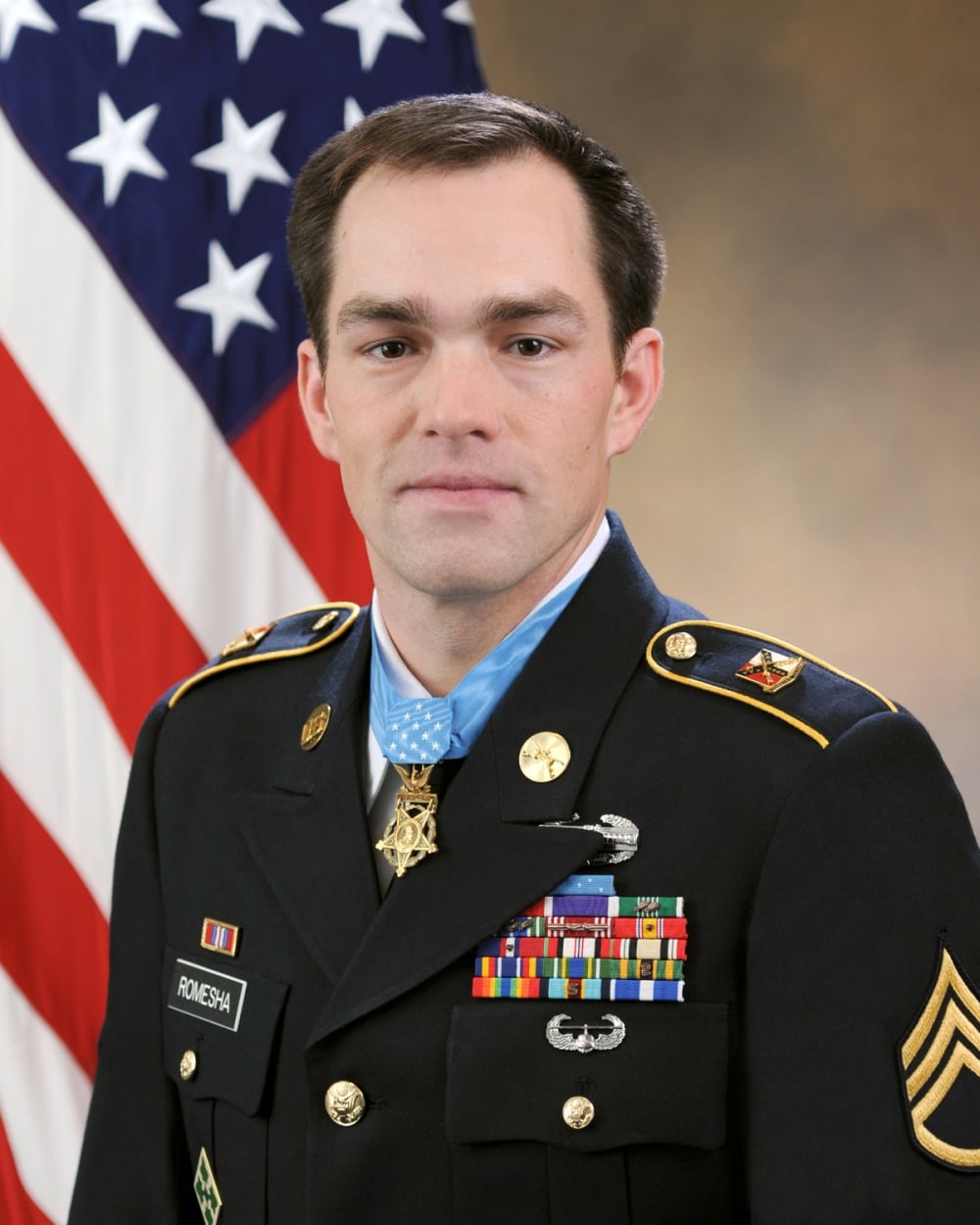
THE BATTLE
The Taliban launched their assault just before 6 a.m. on Oct. 3.
Rocket-propelled grenades, machine guns, a recoilless rifle, and small arms battered the scrambling soldiers amidst an incessant barrage of mortars that rained down onto the compound every 15 seconds.
Observation Post Fritsche, positioned to provide supporting fire for COP Keating, immediately came under a concentrated enemy attack that rendered it useless.
The first American soldier was killed within two minutes of the first shot being fired.
Twenty Afghan soldiers assisting the American detachment almost immediately abandoned the fight, allowing Taliban forces to breach one side of the compound within an hour of launching the attack.
As Taliban fighters closed in and began setting fire to the outpost, Romesha knew he had to act. Without cover, he sprinted to recon the area and pull reinforcements to the weakest points.
Romesha then took out an enemy machine gun team just before an incoming RPG destroyed the generator he was using for cover, peppering him with shrapnel. Still, he kept moving and rallied his men.
“Having those guys over there, those dear friends, we were all one team that day,” Romesha said. “Throughout the course of the day, knowing they’re relying on you just as much as you’re relying on them, kept me going.
“[We] weren’t going to get beat that day."
Gathering a small team, Romesha maneuvered — continually exposed — to destroy enemy fighters who continued to close in, “including three Taliban fighters who had breached the combat outpost’s perimeter,” his citation read.
During the carnage, Romesha managed to establish radio communication with the tactical operations center, coordinating air support that would kill more than 30 Taliban fighters.
Word soon came down that several injured soldiers were stranded at one of the outpost’s more exposed locations.
After providing cover fire that enabled some of the wounded to retreat toward the aid station, Staff Sgt. Romesha’s team embarked on a harrowing 100-meter push in the face of intense fire to recover additional wounded, arriving just before the Taliban could reach them first.
Nearby, Carter and his men were pinned down and running low on ammunition. Twice, the Washington state native bolted across an exposed 100-meter stretch to bring back a resupply.
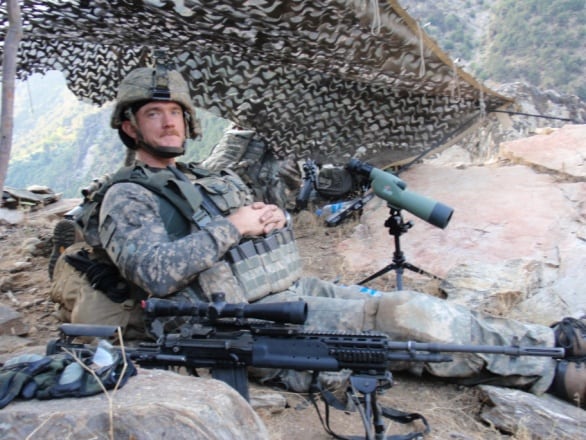
On his second trip, an RPG exploded near the unarmored truck where his team was taking cover. The blast knocked Carter unconscious and laced him with hot shrapnel.
When he regained consciousness, Taliban fighters had breached COP Keating. One of Carter’s friends, Spc. Stephan Mace, lay critically wounded in an exposed field of enemy fire.
Carter unhesitatingly ran through RPG and machine gun fire to get to Mace, who would later succumb to his wounds, carrying him to cover before returning once more to check on another wounded soldier.
There, Carter managed to recover his squad’s radio and immediately coordinated a medevac. Carter then “assisted in moving the wounded Soldier 100 meters through withering enemy fire to the aid station and before returning to the fight,” his citation reads.
With only his M4, Carter volunteered to remain behind and defend the exposed position until reinforcements arrived. He remained there for hours, burning through magazine after magazine of 5.56 ammunition to repel Taliban fighters that threatened to overrun their position.
Both Carter and Romesha would fight for another 12 hours until reinforcements finally arrived.
Romesha’s story would become the subject of the 2016 book, “Red Platoon: A True Story of American Valor,” which he co-wrote with Kevin Fedarko. Romesha left active duty in 2011.
Carter, meanwhile, would deploy once more to Afghanistan in 2012 before eventually leaving active duty as a staff sergeant in 2014.
The Army vacated COP Keating following the battle, but not before destroying it. Eight soldiers died that day:
• Sgt. Chris Griffin
• Sgt. Justin Gallegos
• Sgt. Josh Kirk
• Sgt. Josh Hardt
• Sgt. Vernon Martin
• Spc. Stephan L. Mace
• Spc. Michael Scusa
• Pfc. Kevin Thomson
Watch the trailer for the upcoming film below.
J.D. Simkins is the executive editor of Military Times and Defense News, and a Marine Corps veteran of the Iraq War.
Tags:
the outpost moviethe outpost jake tapperthe outpost orlando bloomorlando bloom moviesthe outpost scott eastwoodscott eastwood moviesclint romeshaty cartercop keatingbattle of kamdeshcop keating movieIn Other News



